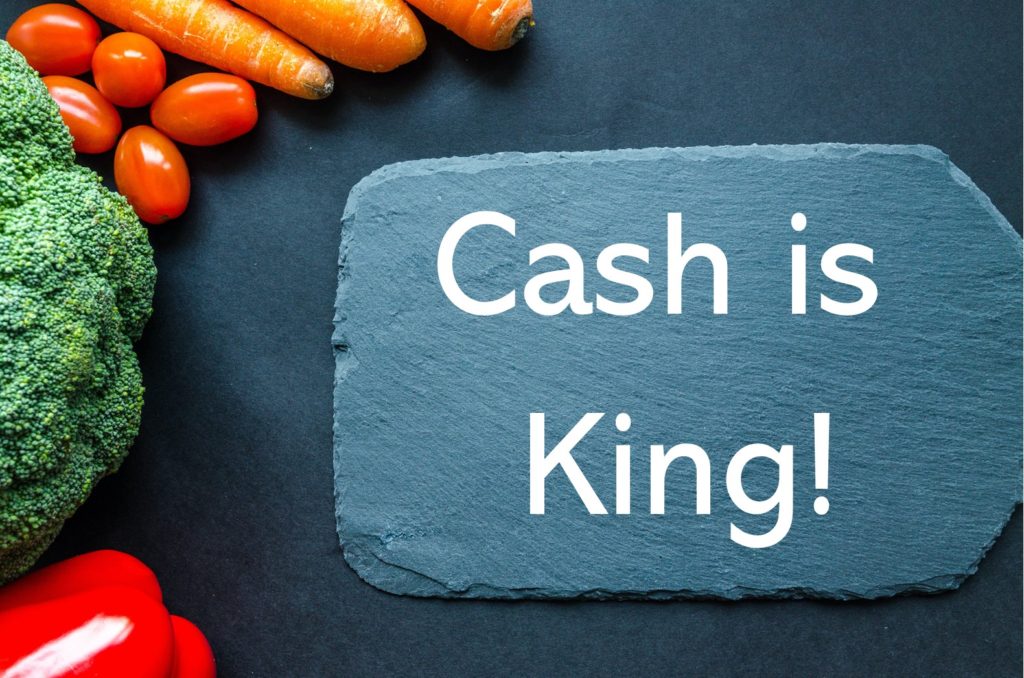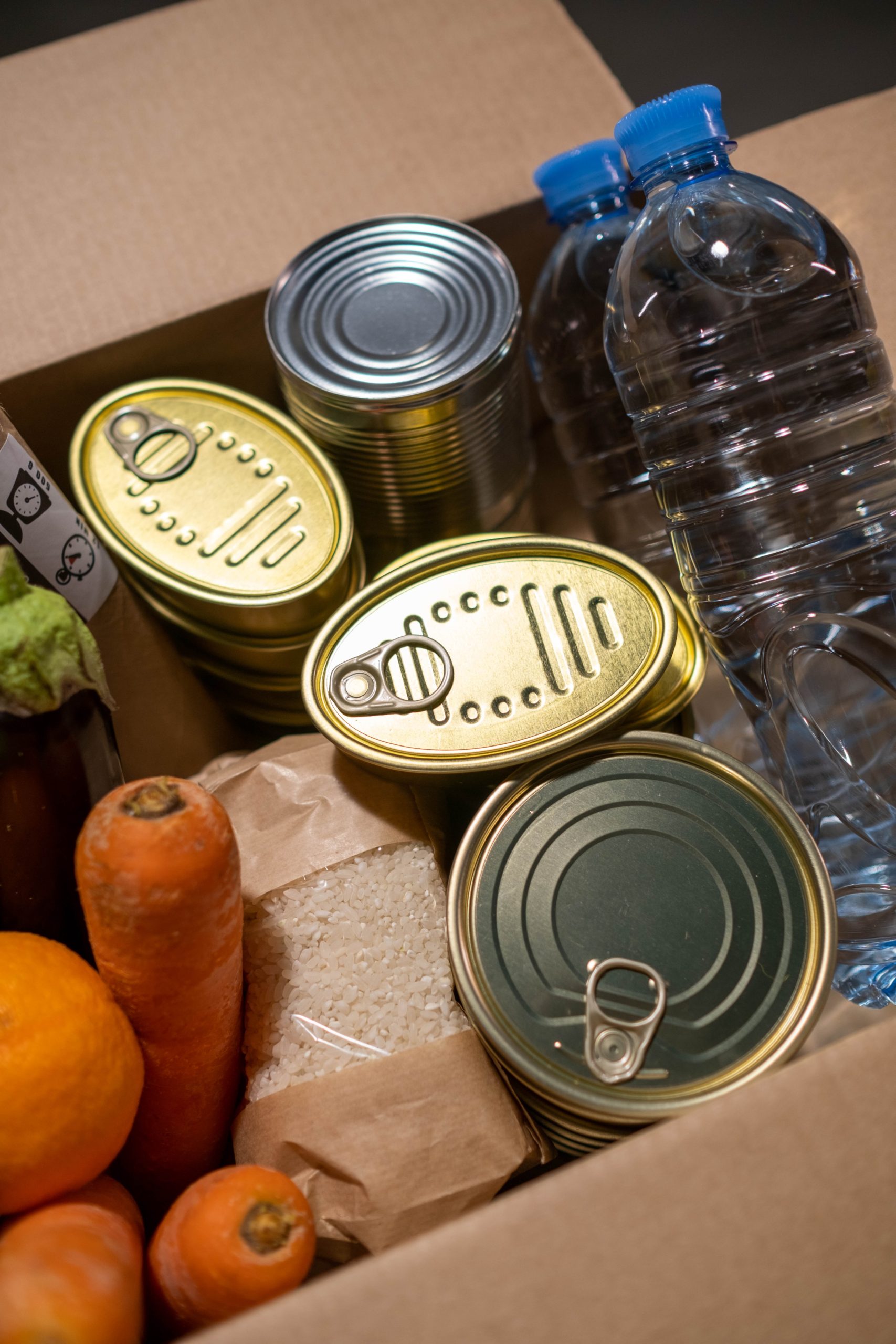Many people ask, “What is the best way to donate to the food bank?”
Most are familiar with the donation collection points in supermarkets. In our area, there is one collection point for the food bank to the right of the exit at Waitrose. Customers can simply add a few extra non-perishable items to their weekly shop and drop them off after checkout. We no longer have collections at either the C0-Op or Lidl but you can still drop of items in the Waitrose collection basket.
Businesses and regular donors often prefer to provide financial support through bank transfers or card payments. Some individuals, however, still opt for cheque or cash donations. We accept bank transfers. PLEASE SEE OUR DONATIONS PAGE. If you would like to donate cash then we would be pleased to see you at the food bank any Thursday between 10-12.

Cash is king!
During a crisis, the instinct is often to donate physical items like blankets, canned food, or toiletries. However, monetary donations are generally more effective than material ones. There are a few key reasons for this.
First, financial donations provide more flexibility to respond to changing needs. The requirements of disaster victims can shift rapidly, and cash allows organizations to allocate resources where they are most urgently needed. In contrast, physical donations like excess blankets or canned goods may not always align with the evolving situation.
Additionally, managing and distributing material donations requires significant time and effort from volunteers. Items must be collected, sorted, stored, and then delivered – a logistical challenge that can divert resources away from direct aid. Cash donations, on the other hand, allow relief organizations to streamline their operations and maximize the impact of every contribution.
Finally, monetary gifts enable organizations to leverage economies of scale and purchase supplies at wholesale prices. This purchasing power ensures that each dollar donated goes further in meeting the community’s needs.
In short, while the impulse to give tangible items is understandable, financial contributions are a more efficient and flexible way to support the food bank. By prioritising cash donations, donors can be confident that their generosity will have the greatest possible impact.
